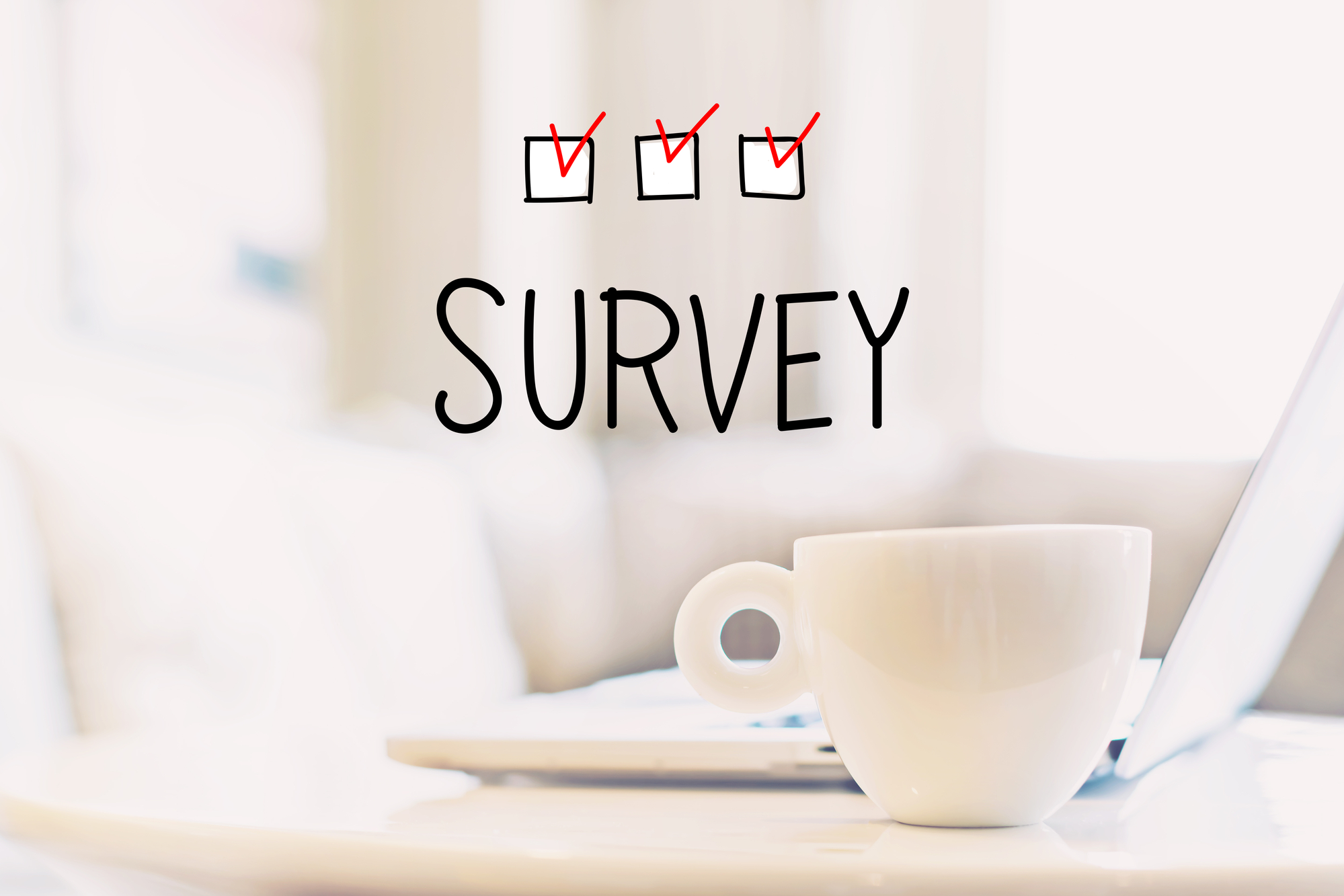Ever since I first learned about PLR (Private Label Rights) content, I’ve been a huge fan. PLR (aka Private Label Rights content OR done-for-you content) is professional web content that is pre-written and can be used by anyone who buys a license. This content can be edited, made into a video, used as a webinar script or blog post, or turned into your monthly newsletter copy.
In short, PLR is a short cut to getting content written for your business. It’s also a godsend for those business owners who are not natural-born writers. So long as you BUY the license, you can use this PLR content in any fashion you desire.
So imagine my surprise to see some arguments erupt in the comments section of a Facebook advertisement for a well-respected PLR provider. I don’t know if this person was a troll or someone who truly didn’t understand the purpose of PLR but her argument was it’s not ethical to use PLR in business. She thought it was just awful for business owners to “pass off” someone else’s writing as their own. This idea went against the grain of her very being, as was evident in the 10+ different comments she left saying that using PLR was wrong.
I Understand Her Argument…to a Point
In fairness, she said she was an academic and anyone in HER field – which heavily depends on publishing the individual’s own research and findings – would get panned for using PLR. In this case, I agree and think she’s absolutely correct. Do I want my daughter’s college professors to depend on generic PLR to present their research findings or to teach her complicated science theories? Definitely not! We’re paying good money for her to learn from the experts themselves, and most of these professors have knowledegable assistants to help them put their research together in a coherent manner.
But consider ALL the other forms of business in the world. Not all of them are held to the same high standards as academia. Are they not allowed to use shortcuts to create their content? Should this one academic preach to others about what they should and should not purchase? While she has the freedom of speech in this country, I’m guessing she doesn’t know the first thing about internet marketing or best practices for content creation.
So, Let’s Answer the Question
Is using PLR in your business ethical? YES – so long as you PURCHASE the license to use that content! Done, end of story. If you make that purchase, you have the legal rights to use that content in absolutely any way you want. In fact, PLR content is a very viable business model as you’ll see by doing a simple Google search. So long as the search engines continue to value content, writers and PLR will always be in high demand.
Consider an advertising agency. A client hires them to create ads, website copy, printed materials, etc. Do those clients pay the agency for their skills and expertise? Absolutely – and agencies bring in BIG bucks! The agency’s name is not emblazoned across every ad nor does the copywriter get an author’s credit or byline. Their contract states that the client can use any of the materials as their own, without giving the agency credit.
The same is true for paying a PLR creator. Once payment is exchanged, you – the client – have the right to use the content as you please without giving credit to the writer. Ghostwriters and copywriters all work similarly. Do you really think all these famous celebs write their own books? Not a chance; they hire ghostwriters to put all their thoughts and stories in order. Do you think these multi-million dollar internet marketers write all their own sales pages for their products and programs? Nope…skilled copywriters do that work.
Some Examples of Unethical Content Creation
Since we’re talking about ethics, there are definitely some unethical ways to create website content that can get you hefty fines, a damaged reputation, and a loss of clients.
Stealing content straight from someone else’s website (brochure, podcast, etc.) The moment anyone publishes original content, copyright laws become effective. That means the original author owns those rights and NO ONE can copy/paste that content and pass it off as their own. If you’re tempted to use the copy/paste function, don’t do it!
Copy/pasting PARTS of someone else’s content to craft your own articles. I had a newbie writer many years ago who thought that was OK because she wasn’t taking the entire article. Copy/pasting even a single sentence is wrong UNLESS you’re using it as a quote and giving proper attribution (such as a name or link back to the original article). But pulling multiple sentences from all different articles is still stealing, no matter how creatively you put the information together. Again, stay away from copy/pasting when creating content.
Using Google Images for your blog images, logos, infographics, social posts, etc. If you need graphics for any project, purchase royalty-free graphics from a stock photo house. Copying someone else’s image and pasting it onto your blog post is another example of copyright infringement. Also, carefully check the licenses at whichever stock photo house you use because they vary depending on your usage. For example, many images with corporate logos are meant for “editorial use only” which means you can’t use that photo on a sales page or anywhere that it appears the brand is approving of your product or business.
Is PLR the Right Choice for Your Content?
Without knowing the inner workings of your business or knowing anything about your target audience, I will take an educated guess and say that YES, chances are very good that you can use PLR as a shortcut content creator. You’ll find thousands of PLR suppliers (of varying quality, so do your research before purchasing) with content suitable for thousands of niches.
Choose your package, purchase your license, then do some editing so it sounds like your voice. Add some case studies, funny stories, or examples for your audience so they can relate to you. Editing your content will also set you apart from lazy marketers and you won’t get pinged when Google does another update that affects search results.
Watch for My PLR Launch on October 15th!
I’ve been writing for clients since 2007 and with such an array of interests, I thought starting a PLR store would be the perfect content solution for fellow business owners! Watch for my launch next month and join my announcement list if you want a reminder.



Thank you for your perspective on using PLR materials. I’m a huge fan too! Entrepreneurs can get so overwhelmed with having to do everything by themselves to grow their businesses. I know I’ve been there! PLR content is such a fantastic option for being able to put out quality content as is or with just a few tweaks to showcase your voice.
Hi Betsy! Creating content sure can be time consuming but it’s also necessary, so why not use a shortcut now and then? The biggest mistake I see people making, however, is NOT editing the PLR once they purchase it. As wonderful as that PLR content may be, rewriting and making it your own is a necessary step.
Love this article, Christina! I agree with everything you say here. Using PLR has been a godsend to many solopreneurs who struggle to keep up with the content creation needed for their marketing efforts. And on the other hand, I certainly wouldn’t want a college professor using it to publish their research!
Purchasing quality PLR and enhancing it with a title change, weaving in a personal story or experience, some quotes, charts or statistics if appropriate, and some word-smithing to make it uniquely yours is best-practices with PLR.
Thanks for a great article.